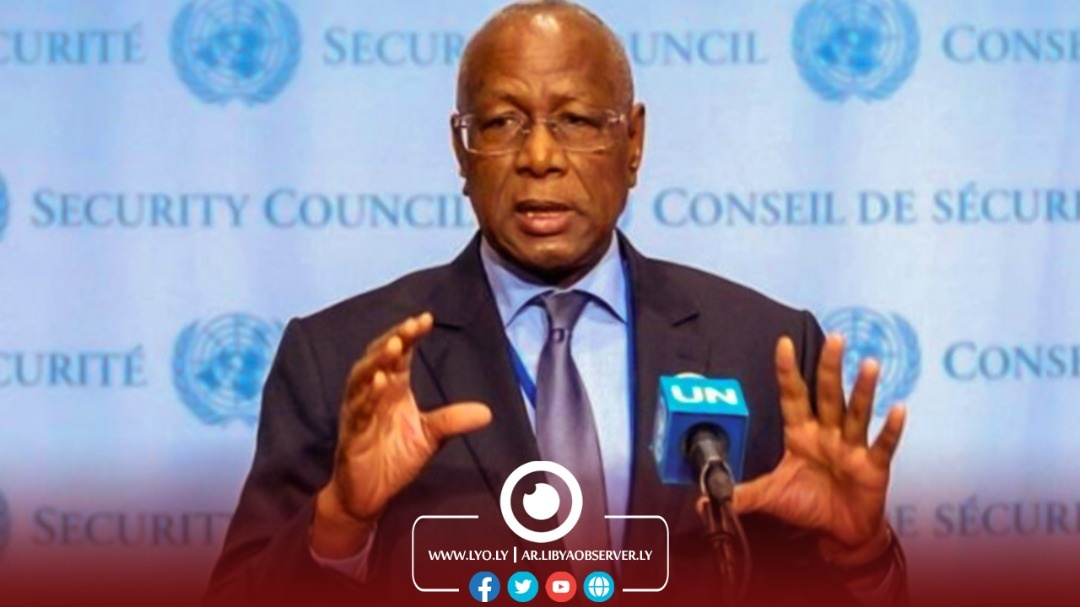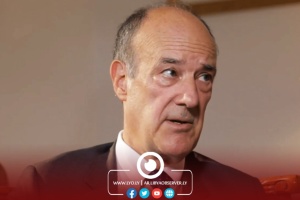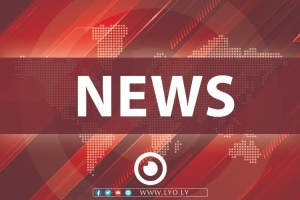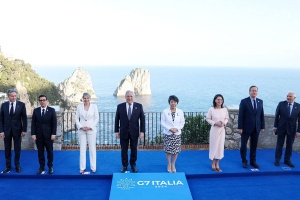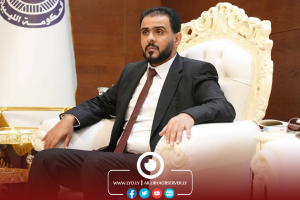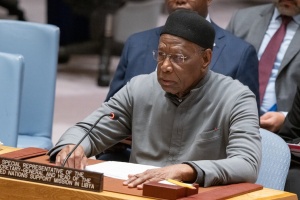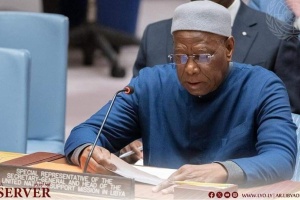The UN envoy to Libya Abdoulaye Bathily stressed that there was a need for unified political, security and military institutions, adding that the issue of unifying the government was not just a legal or constitutional issue, but rather a political one.
Bathily explained, in an exclusive interview with UN News, that what was meant by the unified government that he wasn't calling for another interim government, but rather a unified government that would create the appropriate conditions for a political environment to holding elections, pointing out that the country didn't need and couldn't even tolerate another provisional government.
The UN envoy stressed that the situation in Libya could raise more concerns with the current political, security and military divisions, warning that Libya would fall into the midst of a long-term division that would make it lose its sovereignty and territorial integrity.
He indicated that "Libyans today do not want more than two or three governments at the same time, but they want one government for Libya and one army, in addition to a unified security apparatus not only to secure the electoral process, but also to secure the living conditions of citizens.”
Regarding the electoral laws devised by the 6+6 committee mandated by the House of Representatives and the High Council of State, Bathily confirmed that they were not enforceable in their current form because they needed to be amended, and he pointed out that the UN mission was not the only one that talked about the gaps in the draft electoral laws, but the High National Elections Committee alluded to the shortcomings in the electoral laws.
Bathily called for reconsidering those laws very soon by the 6+6 committee as well as by the two chambers so that they would be made enforceable, urging for a roadmap for setting a date for the elections once all those electoral laws are completed. He praised what he called the "positive development" of efforts to create a Libyan mechanism for transparent management of funds, and the role of the Head of the Presidential Council and leaders of institutions who agreed to establish a Libyan mechanism to oversee state spending.
Bathily also hailed the step to unify the Central Bank of Libya, calling for more accountability and transparency in the management of funds and the use of wealth.
He has reaffirmed that elections are the only way to restore institutional legitimacy, saying that all those current institutions that have existed for a long time, whether judicial or legislative bodies, are outdated, and there is a need to renew the legislative council, whether it is the House of Representatives or the High Council of State.

